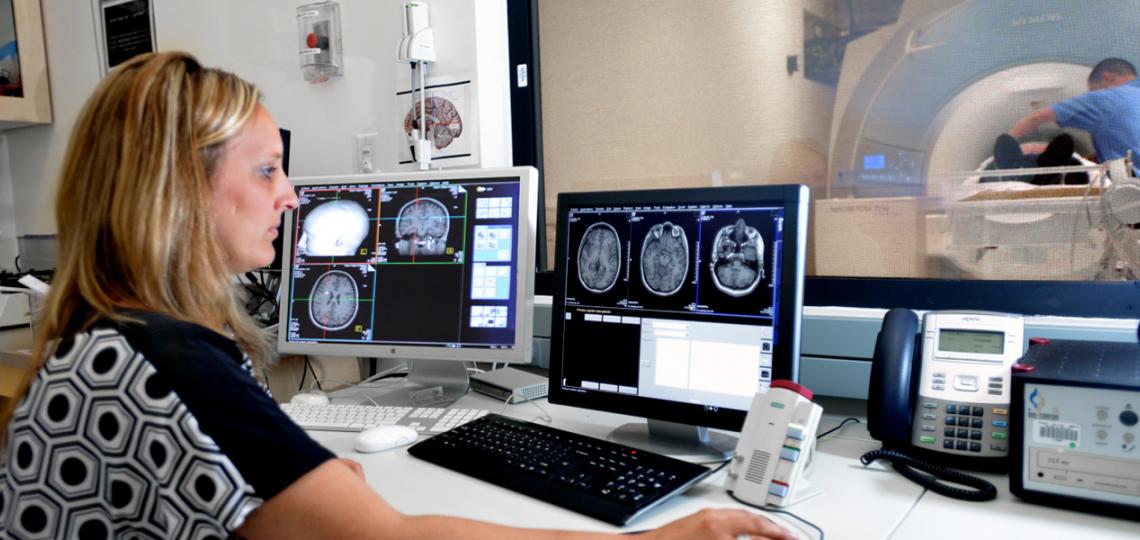About the Program
The Veterans Health Research Program in the Division of Neuropsychiatry at Baylor College of Medicine is conducting research on the long-term health consequences of military service during the 1990-1991 Gulf War era. Current projects include clinical studies to advance understanding of Gulf War illness and identify biomarkers and treatments for this challenging condition. In addition, epidemiologic studies will determine veterans’ current health status and evaluate the broader spectrum of health issues affecting military personnel who served during the Gulf War era. This multidisciplinary research program involves collaborators from diverse scientific fields in Texas and across the nation. We seek to provide answers to the important health questions that remain from the Gulf War, with the ultimate objective of improving the health and lives of veterans.
1990-1991 Gulf War and Gulf War Illness
The 1990-1991 Gulf War was among the most impressive combat operations in modern history. Despite the brevity of the war and its successful outcome, many U.S. troops returned home reporting difficult, unexplained health problems. The complex of chronic symptoms once labeled Gulf War Syndrome by the media is now more commonly known as Gulf War illness. Epidemiologic research indicates that Gulf War illness affects at least one in four of the nearly 700,000 U.S. troops who served in the Gulf War and that few veterans have recovered in the years since the war.
Scientific studies indicate that Gulf War illness is not a psychiatric condition and cannot be attributed to wartime stress, pointing instead to a number of deployment-related exposures as likely causes or contributors. Research has identified neurological, immune, and other biological alterations in veterans with Gulf War illness. Important work remains, however, to better understand the physiological processes that drive veterans' symptoms and to identify effective treatments.








 Credit
Credit


